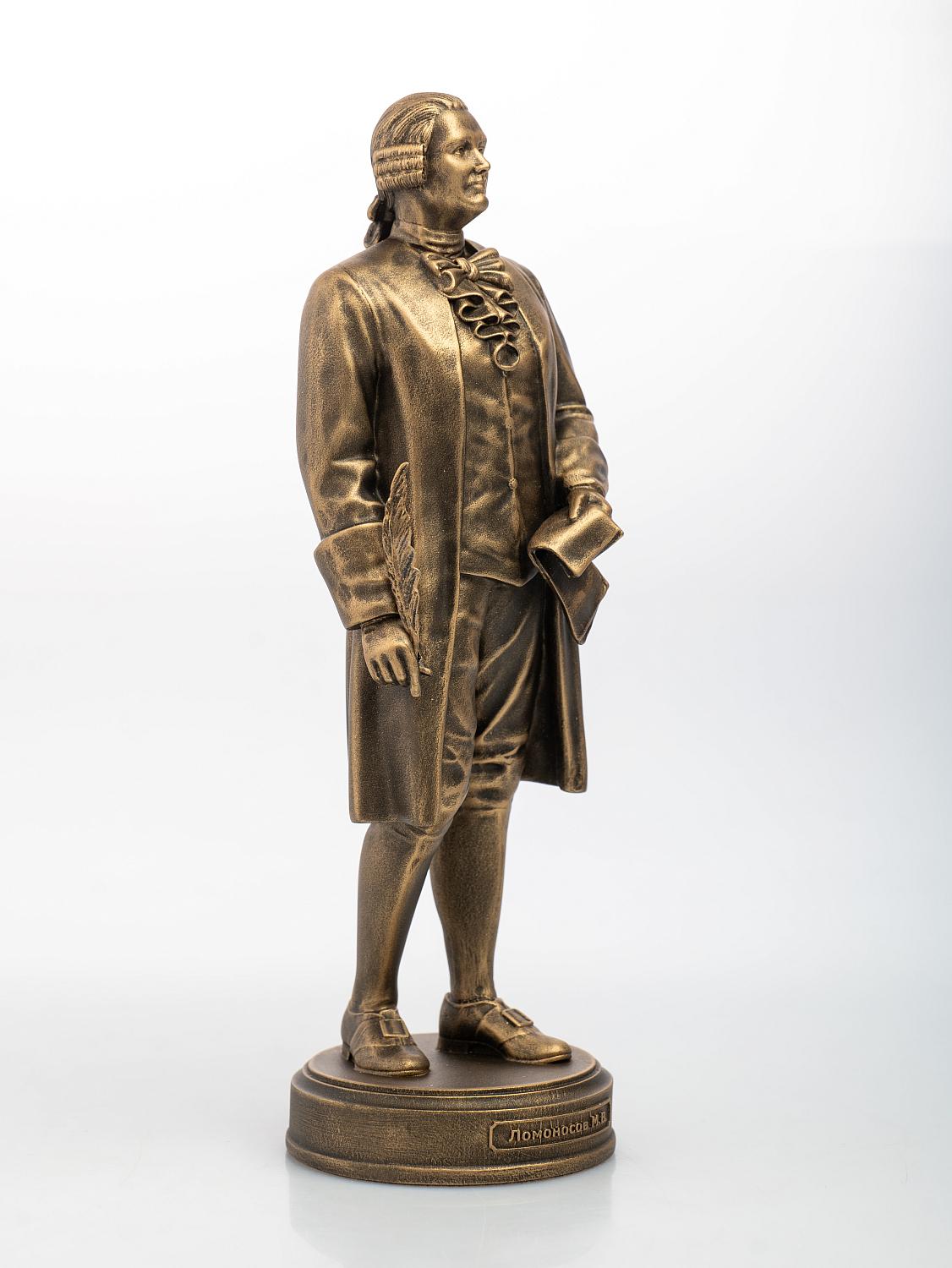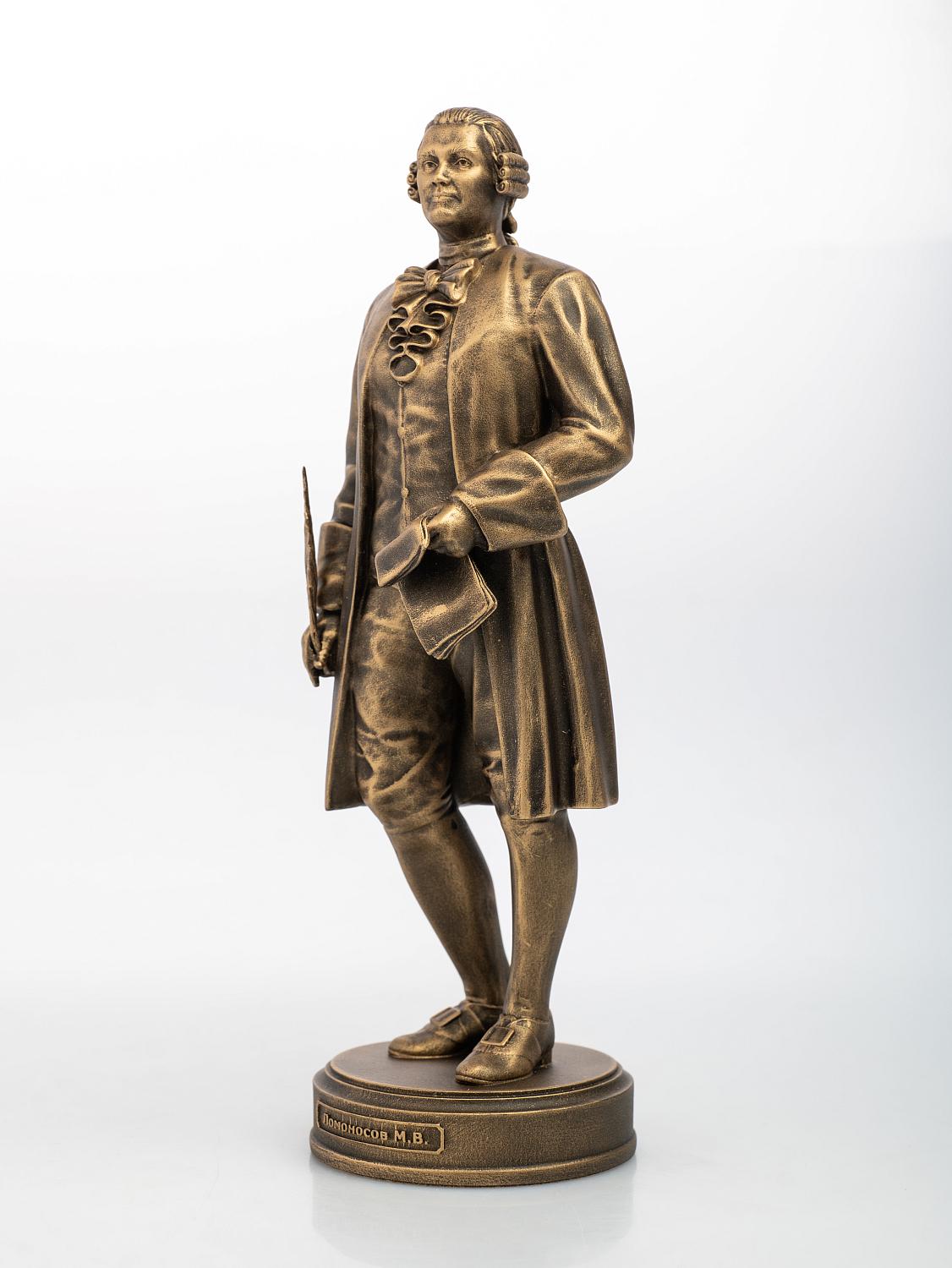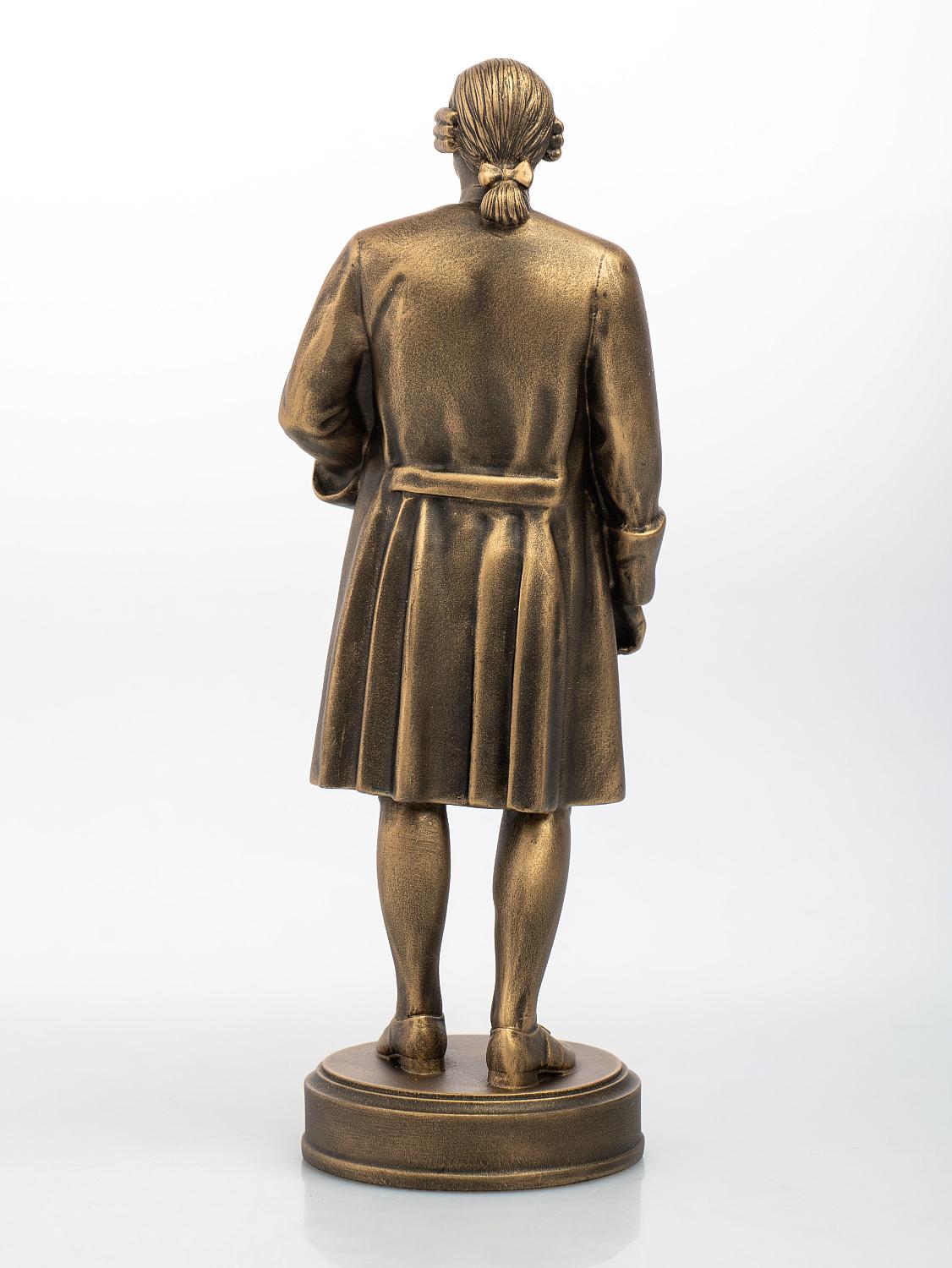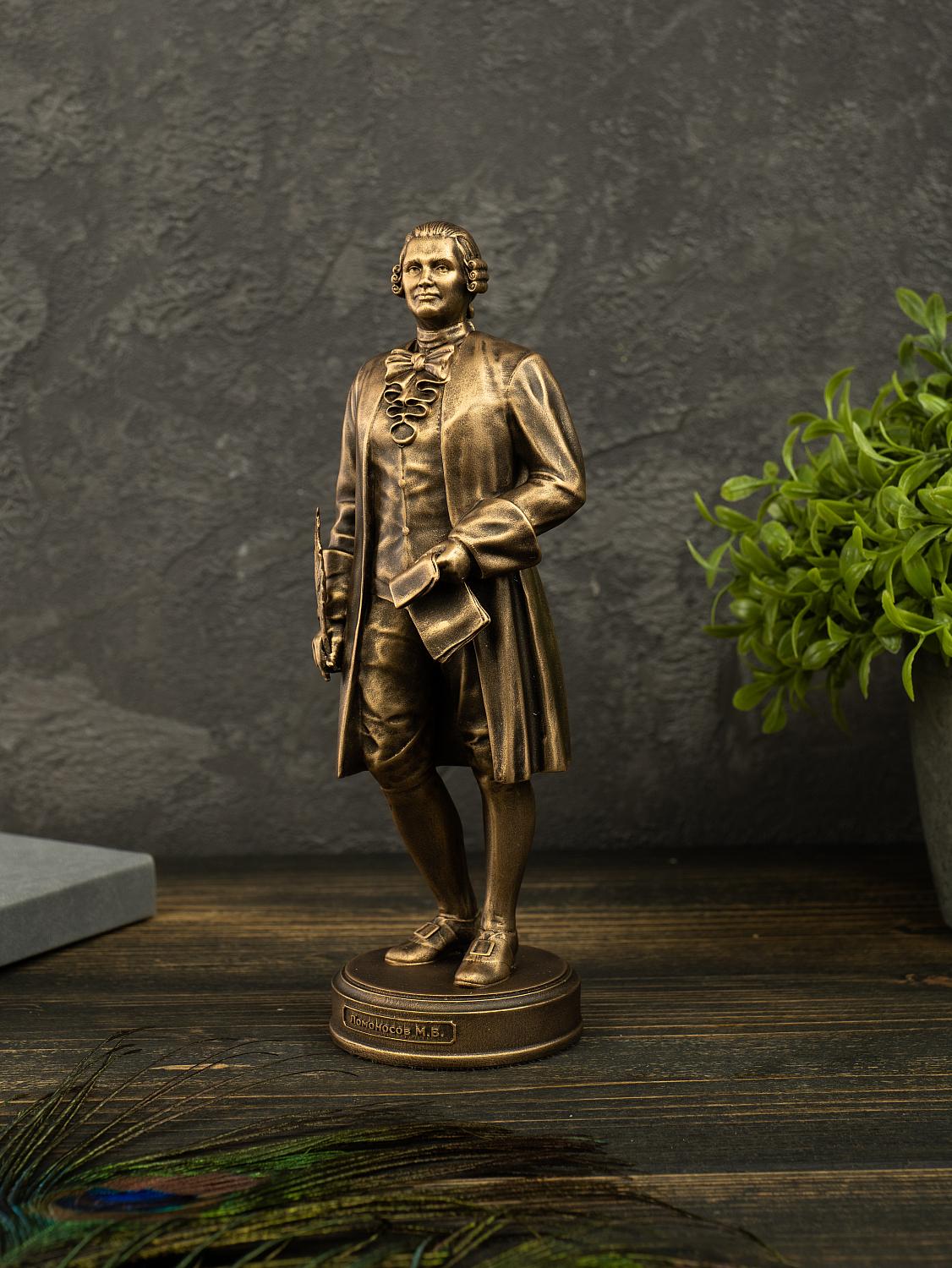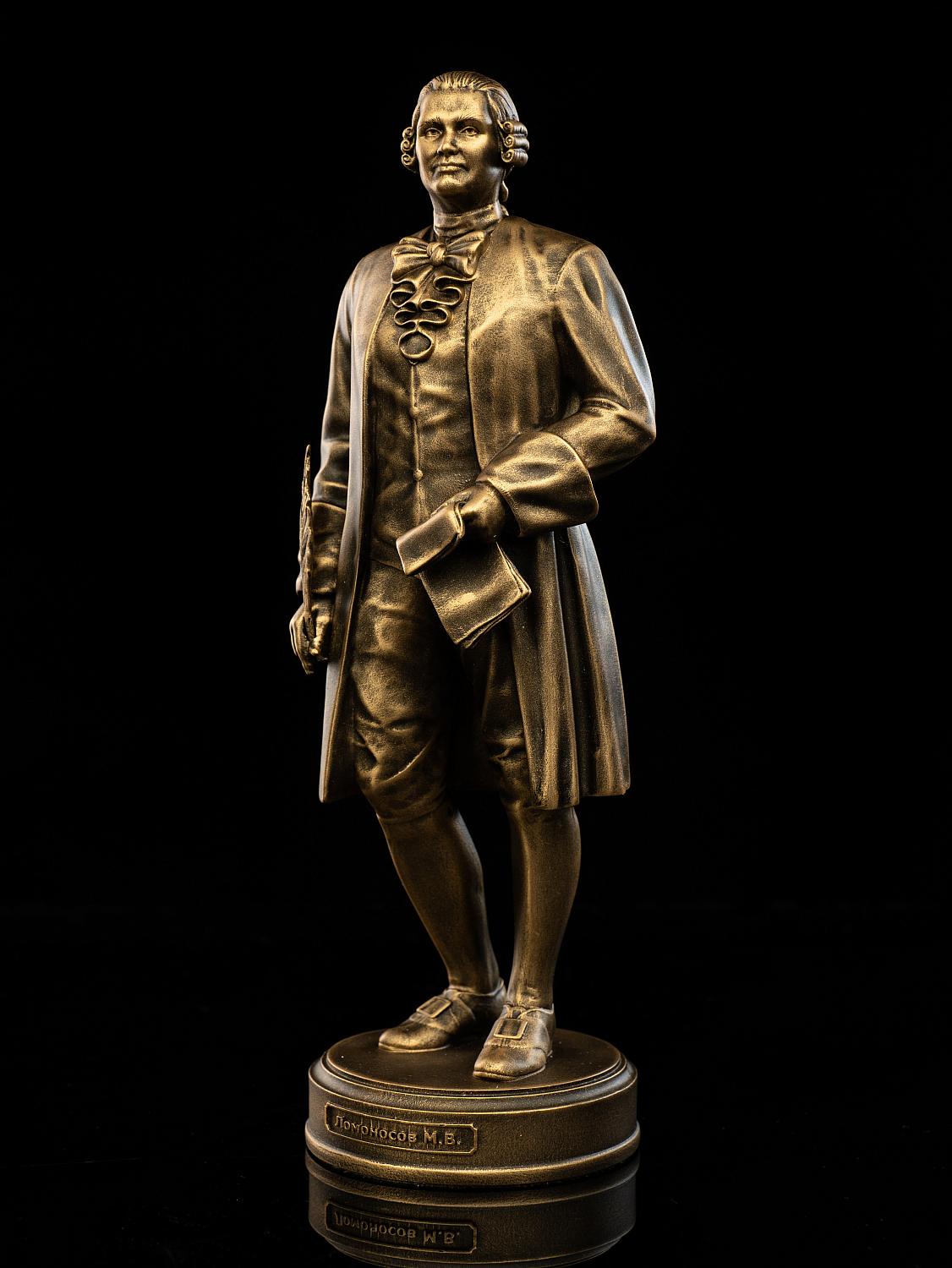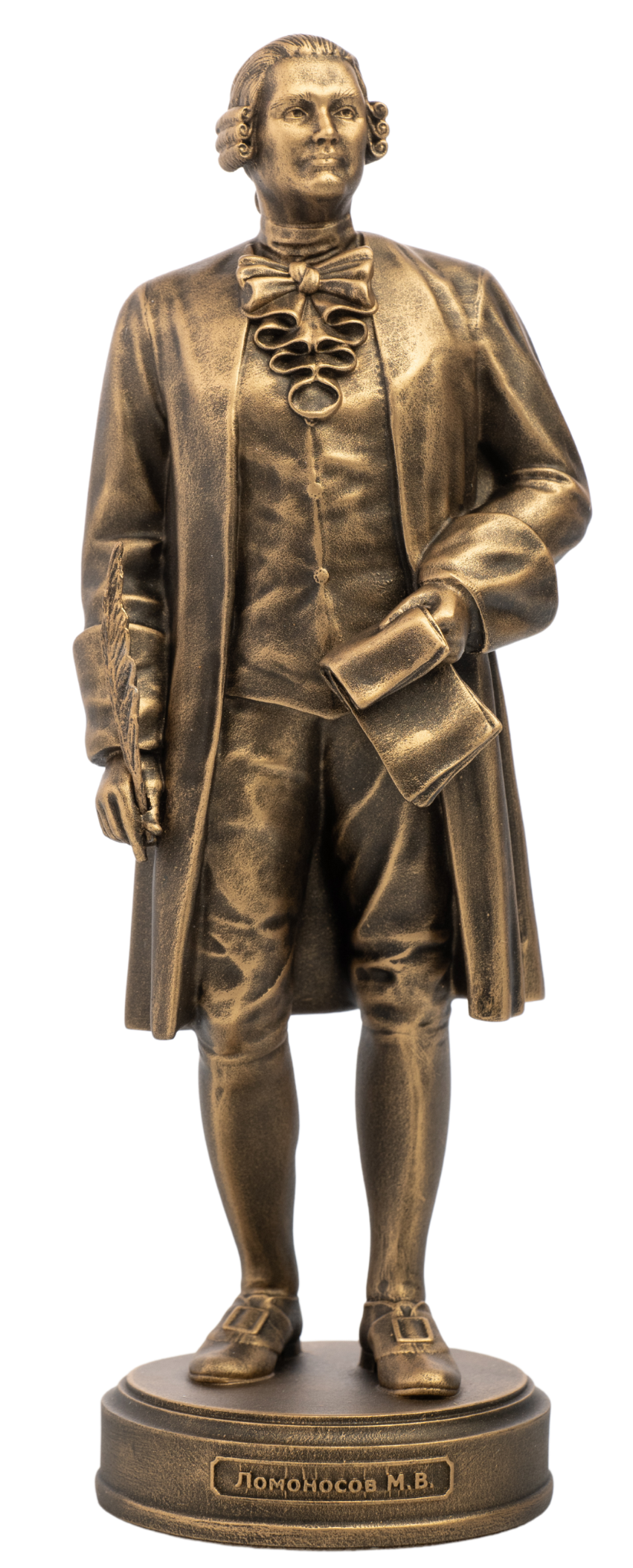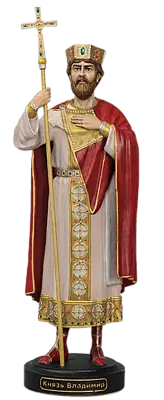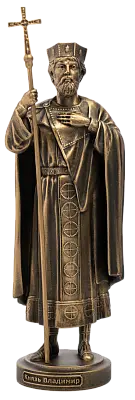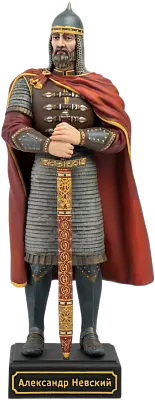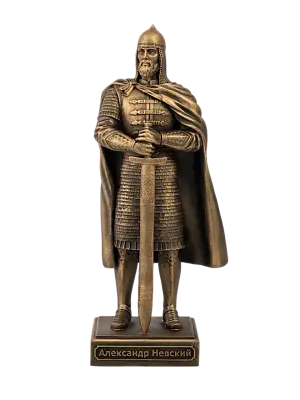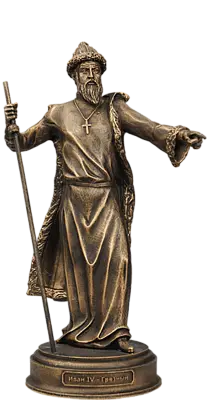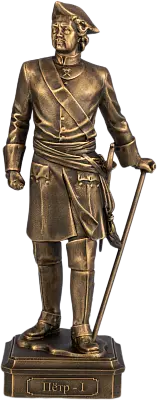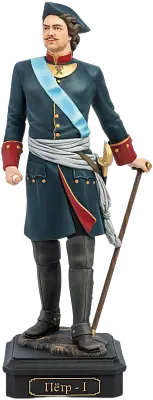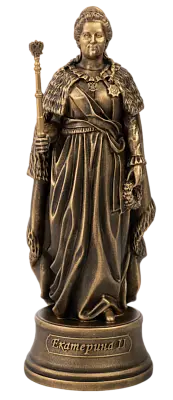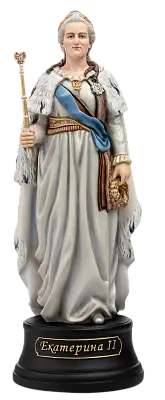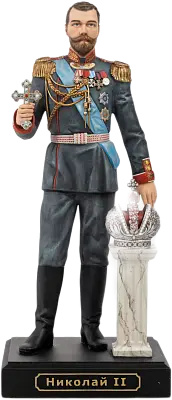Статуэтка Ломоносов Михаил Васильевич
|
Material
Литьевой мрамор
|
|
Цвет
Бронза
|
|
Высота
24 см.
|
|
Вес
1.4 кг.
|
Михаил Васильевич Ломоносов
Mikhail Vasilyevich Lomonosov
Lomonosov Mikhail Vasilievich (1711-1765 gg.) was the great Russian scientist, philosopher, founder of Moscow University. He was born in the village of Denisovka, Arkhangelsk province. In 1731 he entered the Slavic-Greek-Latin Academy in Moscow. In 1735 he was sent to Petersburg, and in 1736 to Germany, where he studied first in Marburg, and then in Freiburg. After returning to Russia in 1741, Lomonosov became an associate at the Academy of Sciences in St. Petersburg, and in 1745 he became a professor of chemistry. His works related to mathematics, physics, chemistry, earth sciences, astronomy, became the frontier in the development of science, delimiting natural philosophy from experimental natural science. He developed accurate weighing methods and volumetric methods of quantitative analysis. Lomonosov created many chemical industries in Russia. He invented porcelain, developed a recipe and technology for the manufacture of colored glasses, which he used for his mosaic paintings. The first of the Russian academicians, Lomonosov began to prepare textbooks in chemistry and metallurgy. Mikhail Vasilyevich wrote a number of works on history, economics, philology. Along with scientific research, Lomonosov was engaged in literary work and published several odes and tragedies.Lomonosov Mikhail Vasilievich (1711-1765 gg.) was the great Russian scientist, philosopher, founder of Moscow University. He was born in the village of Denisovka, Arkhangelsk province. In 1731 he entered the Slavic-Greek-Latin Academy in Moscow. In 1735 he was sent to Petersburg, and in 1736 to Germany, where he studied first in Marburg, and then in Freiburg. After returning to Russia in 1741, Lomonosov became an associate at the Academy of Sciences in St. Petersburg, and in 1745 he became a professor of chemistry. His works related to mathematics, physics, chemistry, earth sciences, astronomy, became the frontier in the development of science, delimiting natural philosophy from experimental natural science. He developed accurate weighing methods and volumetric methods of quantitative analysis. Lomonosov created many chemical industries in Russia. He invented porcelain, developed a recipe and technology for the manufacture of colored glasses, which he used for his mosaic paintings. The first of the Russian academicians, Lomonosov began to prepare textbooks in chemistry and metallurgy. Mikhail Vasilyevich wrote a number of works on history, economics, philology. Along with scientific research, Lomonosov was engaged in literary work and published several odes and tragedies.




